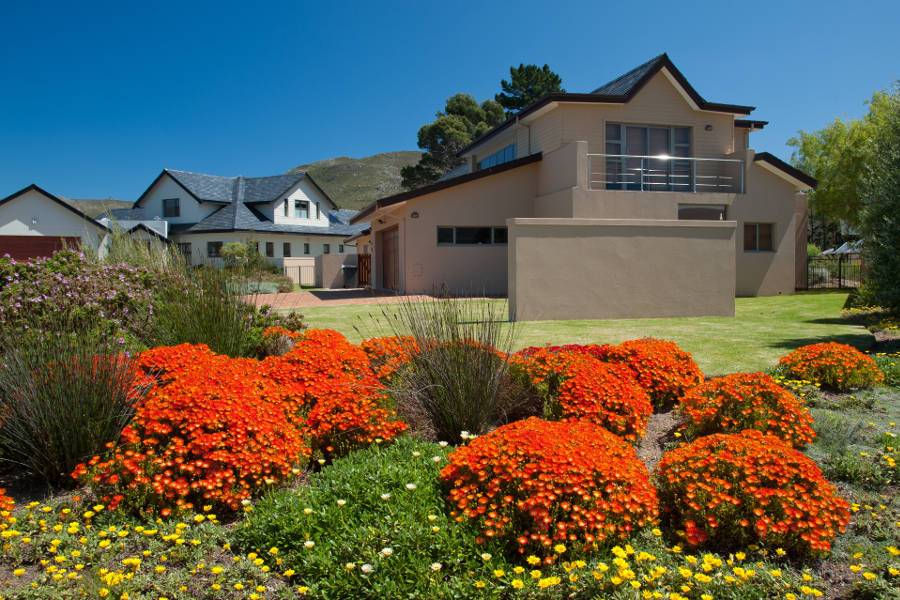Advertisement
Noise is one of the major stressors of urban living, so almost all residential estates include a clause about noise in their Code of Conduct.
But there is more to noise pollution than traffic, loud music and raucous parties. A friend, who does not live on an estate, told me about his method of dealing with neighbours who regularly held loud parties till the early hours of the morning. They had responded to frequent polite requests to keep it down after midnight with – basically – a middle finger. So, after a really long party that lasted till about three in the morning, my friend got up at six, feeling a little sleep-deprived – but still in much better shape than the neighbours – and proceeded to run his brush cutter full bore right against the boundary fence for half an hour. He stopped for tea, and then started the lawn mower, and tidied up all that was left with a leaf blower. They got the message, and the following weekend undertook to stop the music at midnight.
And that just goes to show that gardening and landscaping equipment – while undeniably useful – can be used offensively as well as constructively. In fact, even when they are used constructively, they are still pretty irritating, and it can be hard to sleep, work, talk, watch TV or even think when there is a noisy leaf blower or brush cutter at work outside your window.
A 2011 report by the World Health Organization (WHO) entitled Burden of disease from environmental noise found ‘overwhelming evidence that exposure to environmental noise has adverse effects on the health of the population’. These adverse effects, the study found, ranged from the expected sleep deprivation, tinitus, hearing loss and general stress to childhood cognitive impairment and serious cardiovascular diseases. In Europe alone, the study showed, one million healthy life-years are lost annually solely to noise pollution. So noise is not just a nuisance issue, it’s a serious public health issue.
For this reason, Servest is in the process of testing new battery operated landscaping equipment, including leaf blowers, brush cutters, hedgers, trimmers and pruners. It’s all part of their mission to improve productivity, sustainability, and the assurance of aligning business practices to that of international standards, says Andre Ferreira, Sales and Marketing Director at Servest. It’s still quite new so they tested the battery-operated equipment at the premises of one of their clients. It was quite ambitious but they started off using the leaf blowers right outside the boardroom while there was a meeting in progress – and the client did not even notice. Once the testing phase is complete these newer, quieter machines will replace the existing noisy petrol-powered apparatuses in almost all their landscaping activities.
While the quietness of these new machines was the overriding attraction, there are other benefits, Ferreira explains. These include no fuel costs and much lower maintenance costs that, together, result in long-term financial savings. Of course, there is an electricity cost, but it is much less than the petrol costs would be for a comparable device, and the fact that there are no petrol fumes is another big plus. ‘These factors,’ he adds, ‘are a value added benefit for clients within the hospitality and residential estates sectors.’
After all, we have those lovely extensive stretches of garden in our estates to create a magical peaceful haven for residents and visitors, so it’s nice that maintaining them does not have to break the spell.



